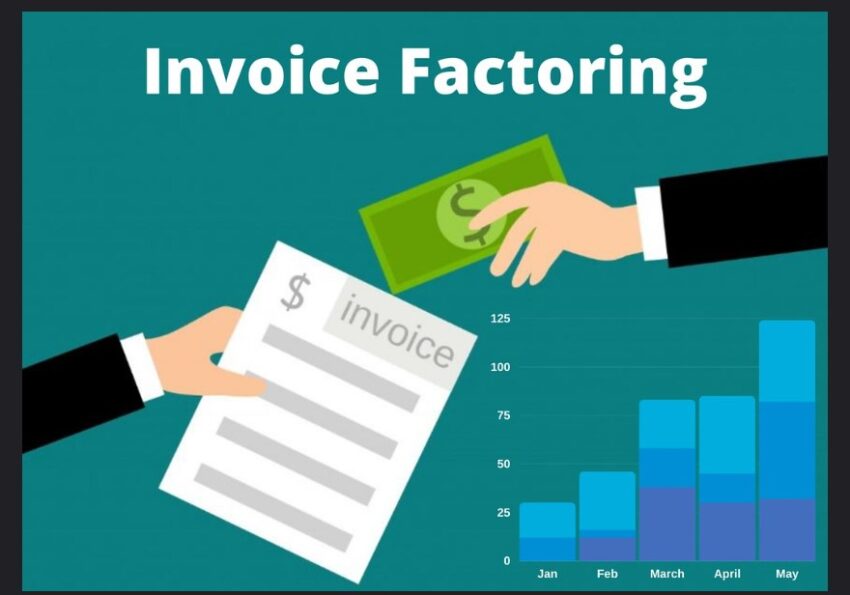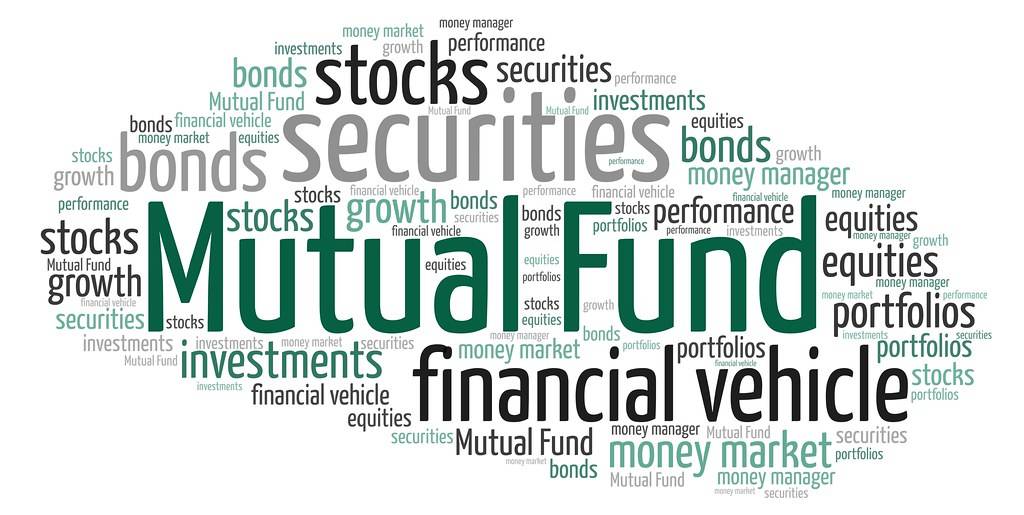Define “Factoring”. In finance, “factoring” is a financial transaction in which a company sells its accounts receivable, specifically unpaid invoices, to a financial institution or a specialized firm known as a “factor” at a discounted rate. In return, the factor promptly provides cash to the company. This arrangement is designed to bolster the company’s cash…
Author: Nadeem Khan
Venture Capital 101: Everything You Need to Know
Venture Capital 101: Everything You Need to Know Venture capital (VC) is a financial mechanism involving private equity investment that targets fledgling, high-potential companies anticipating substantial long-term growth and financial returns. This form of financing sees investors, often referred to as venture capitalists or VC firms, injecting capital into startup ventures and small enterprises in…
From Deals to Dollars: How Merchant Bankers Drive Corporate Growth
Discuss the role of a merchant banker in corporate sector. A merchant banker, often called an investment banker or corporate finance advisor, holds a vital role within the corporate sector, offering various financial services to corporations, government entities, and organizations. Their core functions encompass: Capital Raising: Merchant bankers assist companies in securing capital through diverse channels,…
Demystifying Mutual Funds: Your Beginner’s Guide to Smart Investing
Mention the different types of mutual funds A mutual fund is an investment vehicle that pools money from multiple investors and uses that pooled capital to invest in a diversified portfolio of stocks, bonds, or other securities. These funds are managed by professional portfolio managers or investment teams employed by the fund management company. Mutual…
Decisions Demystified: Financial Leases vs. Operating Leases
How does financial lease differ from operating lease? Financial leases and operating leases are two common types of lease agreements that businesses use to acquire assets. They differ primarily in terms of their accounting treatment, ownership transfer, and the nature of the lease. Here are the key distinctions between financial leases and operating leases: Ownership…
Unlocking Economic Growth: The Essential Role of Development Banks
Explain the role of Development Banks Development banks play a crucial role in fostering economic progress within a country or region. Their primary mission is to offer financial assistance and resources for initiatives aimed at promoting economic growth, infrastructure development, and job creation. Below, we outline the key functions and responsibilities of development banks: Infrastructure…
Unlocking the Secrets of Financial Markets: Your Guide to the Diverse World of Investment Opportunities
What is a Financial Market? What are the different parts of financial market? A financial market is a comprehensive term referring to a platform where buyers and sellers converge to engage in the exchange of various financial assets. These assets included stocks, bonds, currencies, commodities, derivatives, and other securities. Financial markets serve a critical role in…
Indian Insurance Industry Overview & Market Development Analysis
Indian Insurance Industry Overview & Market Development Analysis Introduction The insurance industry in India has 57 insurance firms. 24 of them are operating in the life insurance industry and 34 are non-life insurers. In the life insurance sector, Life Insurance Corporation (LIC) is the only public sector entity. Six public-sector insurers are within the non-life…
What do you understand by credit rating?
Credit Rating The term” Crédit rating” is a quantitative evaluation of the creditor’s financial strength generally, or with regard to a particular financial obligation or debt. A credit rating may assign to any organization that is seeking to borrow money – an corporate entity, an individual as well as a provincial or state authority or…
Empower Your Wealth: The Crucial Significance of Capital Market Knowledge
What Are Capital Markets? Capital markets are the place where the investment and savings are channeled between the suppliers – people or institutions that have the capital to invest or lend to those who are in need. The typical suppliers are investors and banks, as well as those seeking capital include governments, businesses and even…










